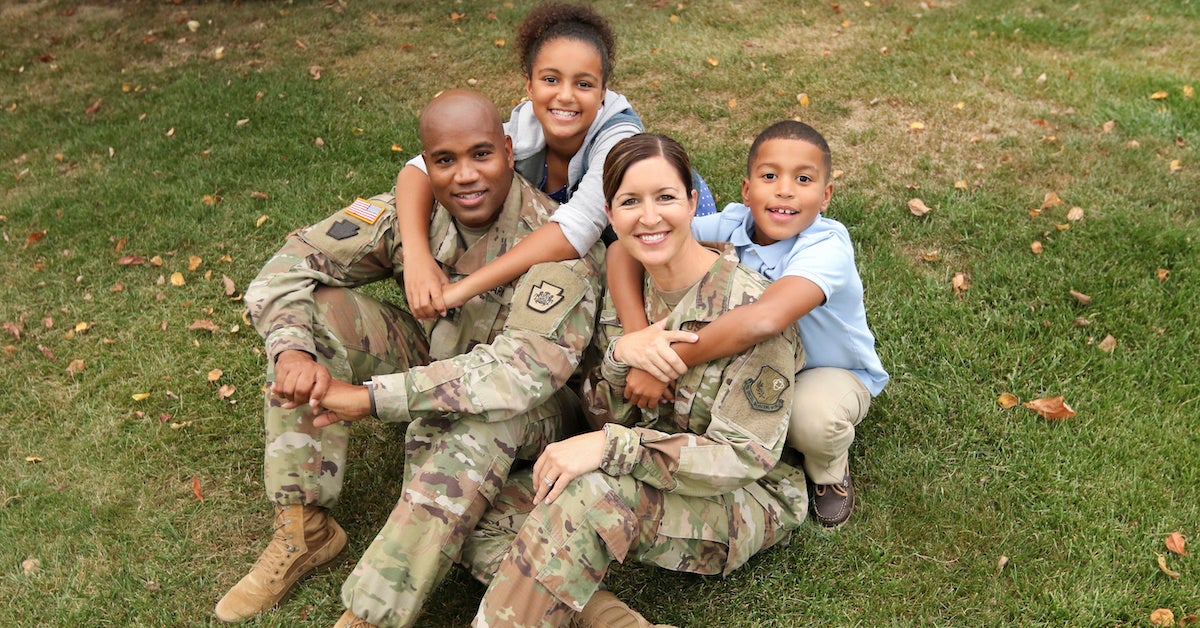Mastering Co-Parenting Toddlers Post-Divorce: Insightful Perspectives
Navigate the complex world of co-parenting toddlers post-divorce with effective communication, consistent routines, and nurturing emotional well-being. Establish clear boundaries, encourage open dialogue, and prioritize your child’s stability. Coordinate parenting schedules with shared calendars and positive interactions. Seek professional support through therapy and community groups for tailored insights. Embrace teamwork, balanced discipline, and unity in parenting. Remember, fostering harmony and stability is key for your child’s well-being in this new chapter of co-parenting.
Key Takeaways
- Establish consistent routines to provide stability and predictability for toddlers.
- Foster open communication to nurture emotional well-being and trust.
- Maintain positive co-parenting interactions through teamwork and clear boundaries.
- Seek professional support like therapy sessions for effective communication and coping mechanisms.
- Prioritize children’s well-being by balancing discipline, unity, and consistency in rules.
Effective Communication Strategies

To co-parent toddlers post-divorce effectively, utilizing clear and respectful communication strategies is essential for maintaining a healthy and harmonious environment for your children. Active listening plays a pivotal role in this process. When engaging in conversations with your co-parent, make a conscious effort to truly listen to what they’re saying without interrupting or formulating your response while they speak.
By actively listening, you show respect and create a space for open dialogue.
Another important aspect of effective communication is setting boundaries. Clearly defining boundaries with your co-parent helps in establishing structure and predictability for your toddlers. When setting boundaries, ensure they’re reasonable, consistent, and focused on the well-being of your children.
Establishing Consistent Routines

Establishing consistent routines for your toddlers post-divorce is key in providing them with stability and predictability during this challenging time. Setting boundaries and creating structure within these routines can help your children feel secure amidst the changes happening around them.
Consistency in daily schedules, such as meal times, bedtime routines, and playtime activities, can offer a sense of normalcy and assurance.
Moreover, establishing rituals like reading a bedtime story together every night or having a special breakfast tradition on weekends can further promote stability and create lasting memories for your toddlers. These rituals can serve as anchor points for your children, helping them navigate the adjustment with more ease.
Nurturing Emotional Well-being
To nurture your toddlers’ emotional well-being post-divorce, focus on building trust and security through consistent routines and reassuring gestures.
Encourage open communication by actively listening to their feelings and validating their experiences.
Building Trust and Security
Building trust and security with your toddlers post-divorce involves creating consistent routines and providing a safe environment for them to express their emotions freely. Creating stability in their daily lives can help them feel secure during this period of change. By maintaining regular mealtimes, bedtimes, and playtimes, you’re establishing predictability that offers comfort and reassurance to your toddlers.
Fostering connection through quality time spent together is essential. Engaging in activities that your toddlers enjoy and showing genuine interest in their world helps build rapport and strengthen your bond. This connection serves as a foundation of trust, showing your toddlers that you’re there for them no matter what adjustments may occur.
Instilling confidence in your toddlers involves validating their feelings and providing a nurturing environment where they feel heard and understood. By acknowledging their emotions and responding with empathy, you’re helping them develop a sense of security and trust in their relationship with you.
Encouraging Open Communication
Encouraging open communication with your toddlers post-divorce is essential for nurturing their emotional well-being and helping them navigate this period of change and adjustment effectively.
Active listening plays an important role in this process. When your toddlers express their thoughts and feelings, make sure to give them your full attention. Reflect back what they say to show that you understand and validate their emotions. This practice builds trust and encourages them to continue sharing with you.
Setting boundaries is equally significant when fostering open communication. Clearly define what’s acceptable behavior during conversations and make sure that both you and your co-parent are on the same page. Consistency in enforcing these boundaries provides your toddlers with a sense of security and predictability, making them more likely to engage in meaningful discussions.
Coordinating Parenting Schedules

When co-parenting toddlers post-divorce, effective coordination of parenting schedules is essential for maintaining stability and routine in their lives. Managing custody arrangements, coordinating playdates, organizing school pickups, and planning holiday schedules require careful attention to detail to guarantee a smooth shift between households. Consistency in schedules can provide toddlers with a sense of security and predictability during a time of significant importance.
To streamline scheduling, consider using shared online calendars or scheduling apps to keep track of important dates, appointments, and events. Open communication between co-parents regarding any changes or modifications to the schedule is vital to avoid confusion and minimize disruptions for the children. Flexibility and willingness to accommodate each other’s commitments can help create a cooperative co-parenting dynamic.
Remember that toddlers thrive on routine, so try to establish consistent mealtimes, bedtime routines, and play schedules across both households. By working together to coordinate parenting schedules effectively, you can provide your toddlers with the stability and structure they need to navigate the challenges of post-divorce co-parenting.
Encouraging Positive Co-Parenting Interactions

Effective communication between co-parents is key to fostering a positive co-parenting dynamic that benefits your toddlers post-divorce. Setting boundaries and fostering teamwork are essential components of successful co-parenting. By establishing clear boundaries and working together as a team, you can create a supportive environment for your toddlers to thrive.
Balancing discipline while promoting unity is vital in co-parenting toddlers. Consistency in rules and consequences between households can help provide stability for your children. It’s important to present a united front when it comes to discipline, even if parenting styles differ.
Discussing disciplinary approaches and finding common ground can prevent confusion for your toddlers and reinforce a sense of unity between co-parents.
Seeking Professional Support
Consider seeking professional support to help navigate the challenges of co-parenting toddlers post-divorce. Therapy sessions can provide a safe space to process emotions, learn effective communication strategies, and develop co-parenting skills. A licensed therapist can offer valuable insights and techniques tailored to your specific situation, aiding in fostering a healthy co-parenting dynamic.
Support groups are another beneficial resource for co-parents. Connecting with others who are going through similar experiences can offer a sense of community and understanding. These groups often provide a platform to share advice, receive support, and exchange coping mechanisms. Additionally, they can help you realize that you aren’t alone in facing the complexities of co-parenting post-divorce.
Both therapy sessions and support groups can empower you to navigate co-parenting challenges more effectively. By investing in professional support, you prioritize your well-being and that of your child, setting the foundation for a positive co-parenting relationship.
Frequently Asked Questions
How Can We Handle Introducing New Partners to Our Toddler?
When introducing new partners to your toddler, establish clear communication boundaries with your co-parent. Facilitate age-appropriate introductions, focusing on gradual, low-pressure interactions. Prioritize your child’s emotional well-being and allow them to adjust at their own pace.
What Are Some Tips for Handling Discipline Disagreements?
To handle discipline disagreements, focus on setting consistent boundaries and presenting a united front. Open communication and a willingness to compromise are key. By working together and respecting each other’s viewpoints, you can navigate these challenges effectively.
Is It Okay to Have Family Outings Together Post-Divorce?
Yes, it’s important to have family outings together post-divorce, but it’s essential to establish clear boundaries and open communication. Consider the emotional impact on your children and prioritize their well-being throughout these shared experiences.
How Do We Navigate Co-Parenting During Holidays and Special Occasions?
When managing co-parenting during holidays and special occasions, remember the importance of planning ahead and clear communication. Managing expectations and being willing to compromise can help create a positive experience for everyone involved.
What Steps Can We Take to Ensure Financial Responsibilities Are Shared Fairly?
To guarantee fair financial responsibilities post-divorce, establish a budget together. Discuss equitable expenses and savings plans for your child. Create a detailed financial agreement that outlines contributions from both parties, fostering transparency and shared responsibility.
Conclusion
To sum up, mastering co-parenting toddlers post-divorce requires effective communication and consistent routines. Nurturing emotional well-being, coordinating schedules, encouraging positive interactions, and seeking professional support are also crucial elements.
By implementing these strategies, you can create a stable and loving environment for your child to thrive in despite the challenges of divorce. Remember, your child’s well-being is the top priority, and by working together with your co-parent, you can navigate this journey successfully.
Stay committed, stay positive, and always put your child first.

Chad Adan Kace, a young dad from Vermont, shares his parenting journey with a touch of humor and lots of love. Father to a lively baby, he explores the joys and challenges of fatherhood through his stories.







